“Who is Russell Simmons?” That question will garner a multitude of different answers from people. He’s that guy who owns Phat Farm. I think he’s the activist whose organization helped repeal those crazy New York drug laws. Isn’t he an author? Doesn’t he make movies? No, I know. That’s the guy who sells those pre-paid credit cards. And as varied as all of those answers are (and they aren’t the only ones either), each is correct. 25 years ago, however, Russell was best known for the accomplishment that paved the way for all of the above to evolve: being co-owner of a small, brand spanking new record label christened Def Jam.
In a seedy world fresh from fearing the Son of Sam, and celebrating with the disco ball and coke spoon, Hip-Hop, in its infancy, was considered purely fad. Russell Simmons knew differently. He recognized not only the pop value of the music, but the cultural significance of youth culture that was inseparable from it. More than anyone at that time he recognized how to capture that essence of youth and translate it into a form that could be mass consumed, even to those for whom that lifestyle was half a world away. Def Jam existed before Russell was attached. But it wasn’t real until it got the Rush.
As a record promoter and artist manager, Simmons was keenly aware that while records moved assets, their effect as commodities was transient. He knew that in order for the label and artists to survive and be commercially viable for the long term, they had to be organic; they had to be a natural free flowing extension of the culture. So he set out to build and brand artists. Where LL initially wanted to rock the gogo boots like T La Rock and Melle Mel, it was Russell who convinced him to dress like a kid from around the way. Conversely it was also Rush who prevented the Beastie Boys from rocking track suits and Kangols, a move that would have surely Vanilla Ice’d them into fraud driven oblivion. For Russell it wasn’t about the music per se, but its relevance and authenticity.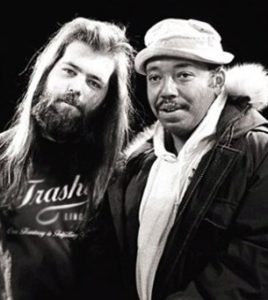
After a production deal with CBS was inked and the legend of Def Jam’s humble beginnings was committed to celluloid in the cult classic Krush Groove, Russell committed himself to spreading the Def Jam seed all over the place. His approach was well planned and meticulous, always with the idea of branding in mind. For Russell, every moment provided an opportunity for promotion and no industry was closed to his expansion.
Following his observations of how Hip-Hop affected pop culture, Simmons branched out and adopted the concept of Hip Hop as a lifestyle. The clothing company, Phat Farm was born of the desire kids across the world had to emulate how urban dwellers dressed. The television show, Def Comedy Jam, unleashed the brashness of urban comedians on cable viewers everywhere. The magazine and website further spread the word of Hip Hop’s most revered entrepreneur in the digital age. Then he wrote a book that explained how he did it for all of those upstarts crafting their own empires. This series of moves into different, yet connected peripheral industries created the blueprint for the successful urban entertainment mogul, and Simmons will forever be revered because of this. However, he still wasn’t done.
In the wake of his startling success, Simmons didn’t take a page out of the stereotypical Hip Hop fantasy play book. Given he did marry a model and then divorce that model so he could date other models. However, in between runway dates, yoga sessions, and PETA funded squabbles with KFC, Russell decided it was time for him to give back.
His non-profit dossier may be just as thick as his business profile. Simmons is the co-chairman of the Hip Hop Summit Action Network, a non-profit that wishes to harness the political power of the Hip Hop Nation to combat societal ills. The HSAN hosts voter registration events, financial growth workshops and even had a hand in convincing the state of NY to repeal its radical Rockefeller statutes. The giving doesn’t stop there as Simmons also heads the Rush Philanthropic Arts Foundation which provides funding to several juvenile arts programs in New York City. He is also a vocal supporter of Earth Day Network and US Doctors for Africa, an organization that supports the growth of medical infrastructures in African nations as well as works to stem the tide of new HIV/AIDS cases on the continent. It’s a jam packed life that even the mogul admits can be breathtakingly hectic. Throw two young daughters into the mix and you definitely have a soul that needs scheduled meditation time, which by the way is one of his passions.
He is also a vocal supporter of Earth Day Network and US Doctors for Africa, an organization that supports the growth of medical infrastructures in African nations as well as works to stem the tide of new HIV/AIDS cases on the continent. It’s a jam packed life that even the mogul admits can be breathtakingly hectic. Throw two young daughters into the mix and you definitely have a soul that needs scheduled meditation time, which by the way is one of his passions.
It’s quite the amazing life and at 52 and in top notch shape, Simmons is probably not going to slow down anytime soon so his full legacy has yet to materialize. He sold his remaining equity in Def Jam in 1999 and since has been focused on his charities, his clothing company and raising his children. The integration of Hip-Hop culture into the mainstream is not possible without Simmons and for years to come people will debate how his movement of the culture from the boulevard to the bourgeoisie ultimately affected the music. But whether you feel it positive or negative, you have to admit he may just be the most iconic figure in the business of urban art. He is, at once, the ultimate taker and the ultimate giver. No matter what side you view him as, you have no choice but to feel the rush.
Follow shelz on Twitter @ http://twitter.com/shelzp
Follow Us on Twitter @ http://twitter.com/planetill
Join Us on the Planet Ill Facebook Group for more discussion
Check out Planet Ill’s page on Essence.com
Follow us on Networked Blogs

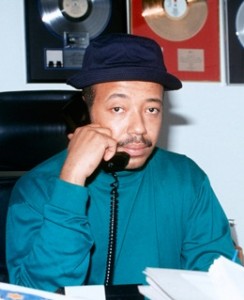
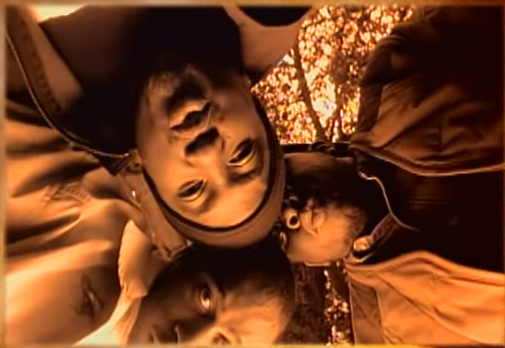
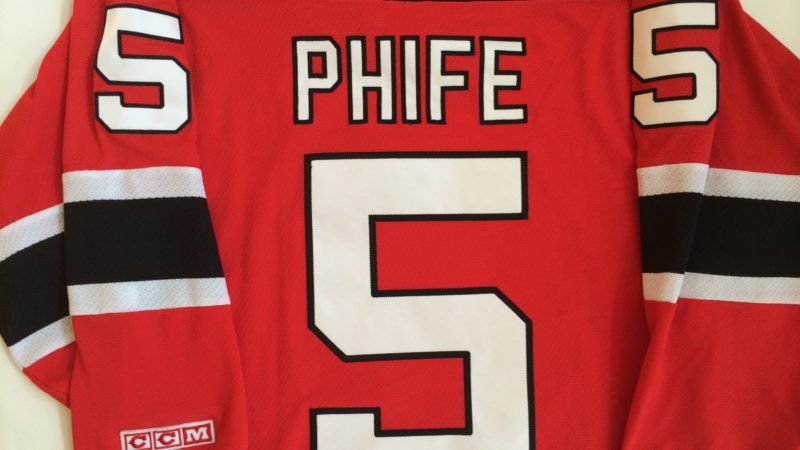

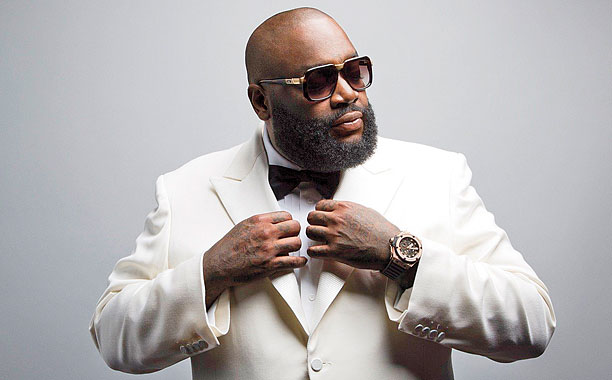
2 thoughts on “2009 Wrap-Up:Russell Simmons-Def Visionary”